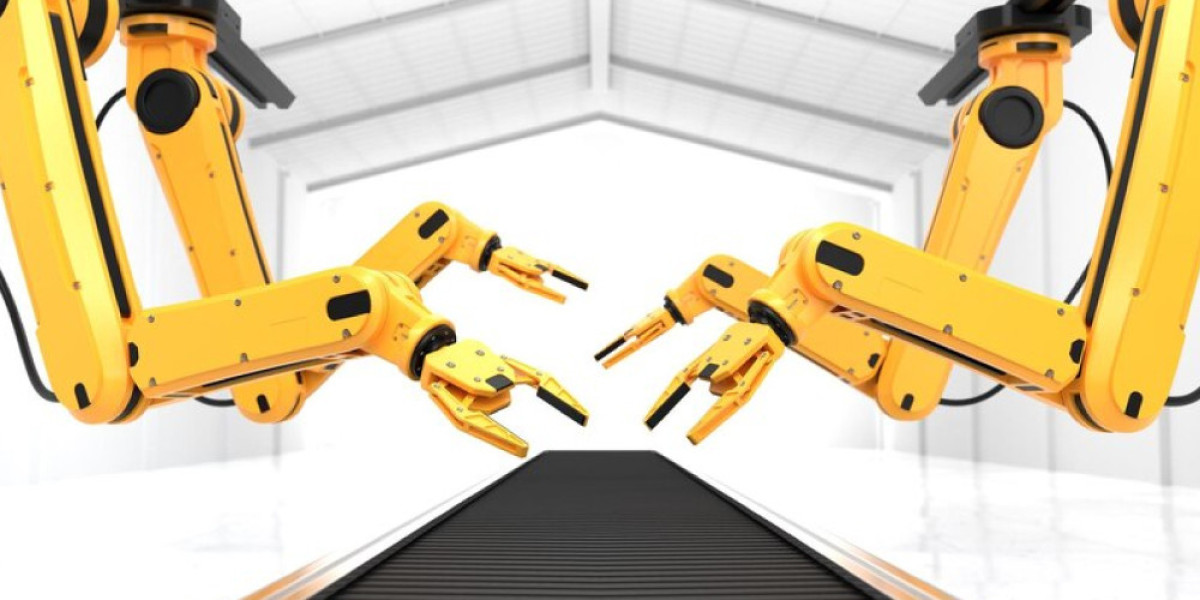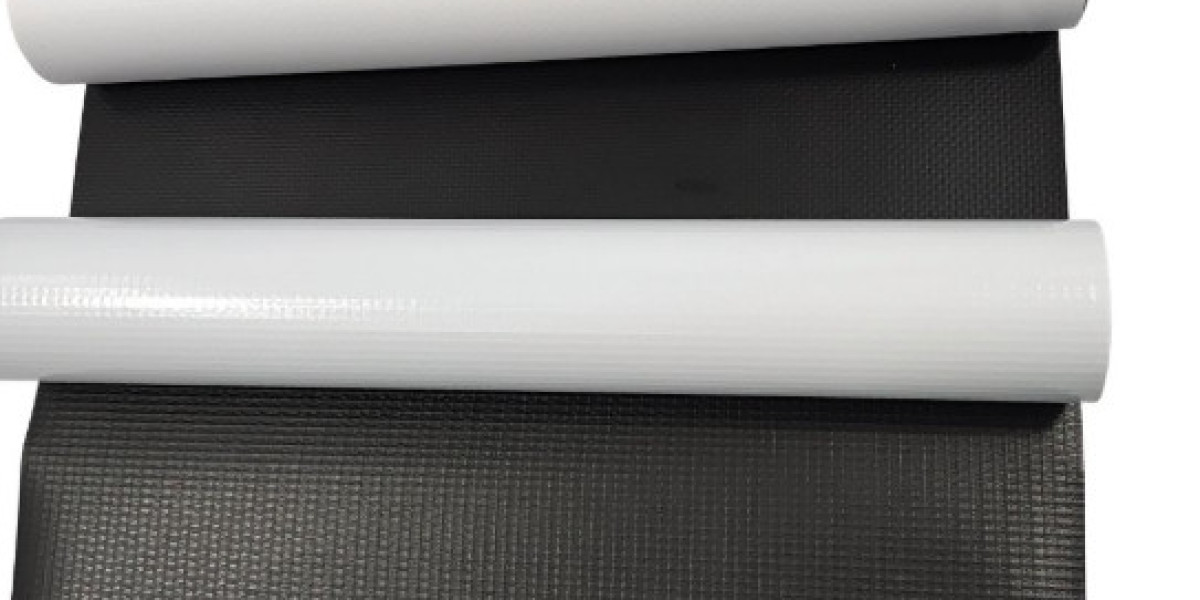The Machine Tools Industry plays a crucial role in enhancing productivity across sectors such as automotive, aerospace, and electronics. With the integration of smart technologies, the industry is evolving rapidly, focusing on improving operational efficiency and reducing downtime. Key players are investing in innovative solutions to meet the growing demands of modern manufacturing.
The machine tools market has emerged as a critical segment within the global manufacturing landscape, playing a pivotal role in shaping industries such as automotive, aerospace, defense, and electronics. Machine tools are essential for shaping, cutting, drilling, and milling materials, offering precision, efficiency, and repeatability that modern manufacturing demands. As manufacturers aim to meet increasing quality standards while reducing production time, machine tools have become indispensable. In recent years, technological advancements such as CNC (Computer Numerical Control) systems, automation, and AI integration have redefined the capabilities of machine tools, making them smarter, faster, and more versatile.
Market Dynamics and Trends
Several factors are driving the growth of the machine tools market. First, the rise of Industry 4.0 has led manufacturers to adopt smart manufacturing solutions. Integration of IoT-enabled sensors and AI-powered predictive maintenance has increased the efficiency and lifespan of machine tools. Additionally, the growing demand for precision-engineered components in aerospace and automotive sectors fuels the need for advanced machine tools capable of producing complex parts with tight tolerances. Sustainability trends are also influencing the market, with energy-efficient machines and environmentally friendly manufacturing practices gaining traction. On the supply side, manufacturers are focusing on producing high-quality, durable, and versatile equipment that can handle multiple operations, thereby reducing operational costs.
Technological Innovations Shaping the Market
Technology plays a crucial role in transforming the machine tools market. CNC machines dominate the market due to their precision and automation capabilities. Advancements in additive manufacturing, including 3D printing integration, have created hybrid systems that combine subtractive and additive processes for enhanced productivity. Moreover, AI-driven analytics allow predictive maintenance, reducing downtime and minimizing production losses. Robotics integration further improves operational efficiency by enabling continuous, precise, and safe operations. Additionally, software innovations like CAM (Computer-Aided Manufacturing) systems streamline programming and reduce human error, resulting in higher quality output.
Regional Market Insights
Geographically, the machine tools market is segmented across North America, Europe, Asia-Pacific, and the rest of the world. Asia-Pacific leads the market due to high industrial activity in countries like China, Japan, and India, combined with cost advantages and a strong supply chain network. North America and Europe are witnessing moderate growth driven by technological adoption and the need to upgrade legacy manufacturing systems. The rise of localized manufacturing hubs and government incentives for industrial automation in various regions are further accelerating market expansion.
Competitive Landscape
The competitive landscape of the machine tools market is shaped by established players and emerging companies focused on innovation. Companies are investing in R&D to develop advanced machine tools that offer higher accuracy, productivity, and flexibility. Strategic mergers, acquisitions, and partnerships are also common as firms aim to expand their global footprint and technological capabilities. Customer-centric approaches, including customization and after-sales support, differentiate key players and strengthen their market position.
Challenges and Opportunities
Despite the positive outlook, the machine tools market faces challenges. High capital costs, skilled labor shortages, and fluctuating raw material prices can impact adoption rates, especially in developing regions. However, opportunities abound in emerging technologies such as AI, IoT, and additive manufacturing. Furthermore, industries seeking digital transformation and sustainable production methods are likely to invest in advanced machine tools, creating new growth avenues for manufacturers.
Future Outlook
The machine tools market is expected to continue its growth trajectory over the next decade. Demand for precision, automation, and energy-efficient manufacturing solutions will drive innovation and adoption. The convergence of robotics, AI, and advanced materials presents a transformative opportunity, making machine tools central to the future of manufacturing. Manufacturers that embrace digitalization, sustainability, and customer-centric solutions are poised to lead the market in the years to come.
FAQs
Q1: What are machine tools, and why are they important?
Machine tools are machines used for shaping, cutting, and forming materials with precision. They are crucial for efficient and accurate manufacturing in industries such as automotive, aerospace, and electronics.
Q2: How is technology changing the machine tools market?
Technologies like CNC, AI, IoT, and robotics are making machine tools smarter, more automated, and capable of producing highly precise components efficiently.
Q3: Which regions dominate the machine tools market?
Asia-Pacific leads due to industrial activity in countries like China and Japan, while North America and Europe grow through technological adoption and modernization of manufacturing systems.
More Related Reports:
Commercial Safes and Vaults Market
EUROPE WELDING FUME EXTRACTION EQUIPMENT MARKET








